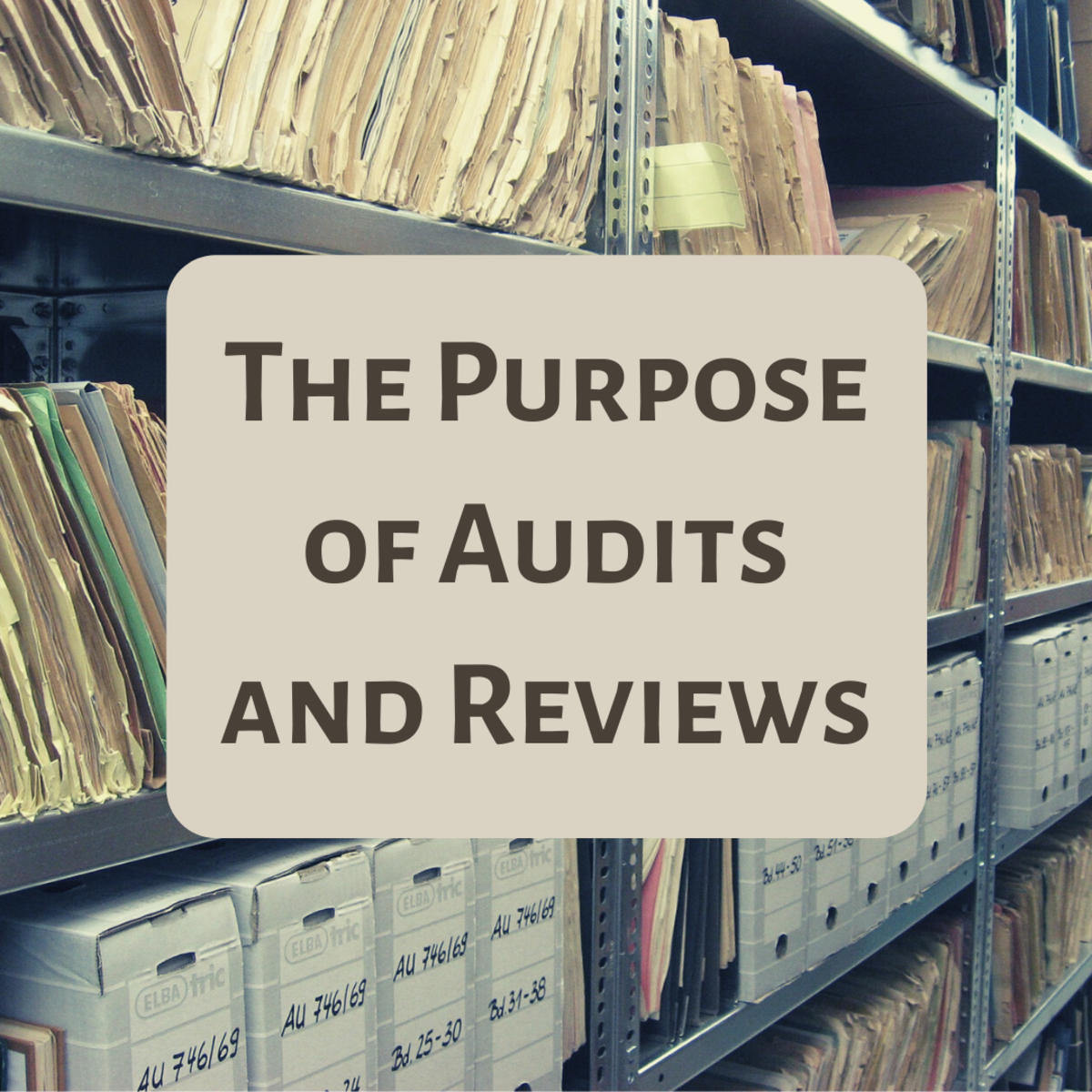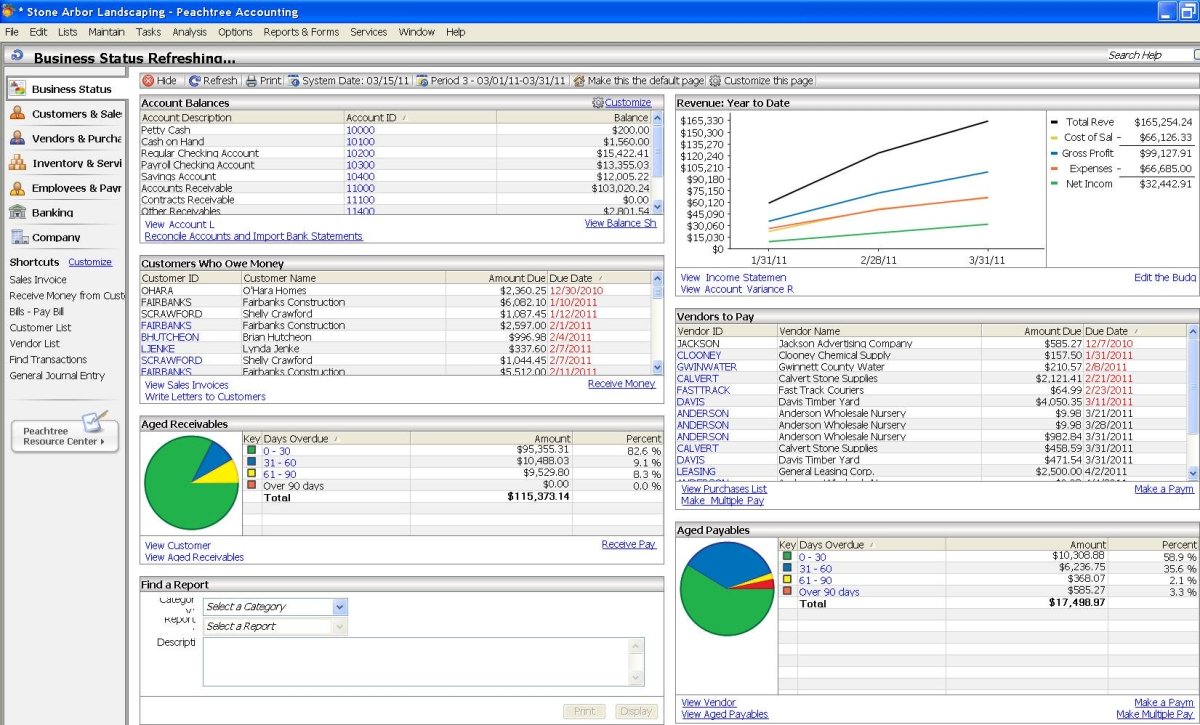Accounting and Globalization
Accounting and Globalization
Accounting has steadily become a globalized phenomenon in which countries throughout the world have adopted standardized guidelines under the International Reporting Standards (IFRS). These guidelines allow for companies operating in several different countries to collaborate their financial statements with the main goal in mind to eliminate any confusion when it comes to financial reporting. The concept of globalization is an on-going process and continues to spread throughout the world. Research findings have noted major impacts globalization has had on accounting firms in the past. The need for globalization stems from the differences that exist between GAAP and IFRS, which create several obstacles for workers in the accounting field. While IFRS has not yet been adopted by the United States, it is growing rapidly and has offered many future benefits such as ease of communication, increased international business, as well as a steady increase in jobs in the accounting sector.
While GAAP is practiced in countries such as the United States, Canada, France, and the United Kingdom, many countries are converging on the International Financial Reporting Standards which were established by the International Standards Board. International Financial Reporting Standards brings transparency to external interests so that they can make well informed business decisions. The IFRS brings accountability by closing the gaps between information held by internal providers and the information they give out to external users. IFRS creates an effective economic environment by locating opportunities and risks across countries to help investors make educated business decisions, thus improving capital allocation.
The IFRS is a not-for-profit organization which was established to develop a single set of generally accepted accounting standards. Up until recently, Generally Accepted Accounting Principles (GAAP) were the predominant standards in the accounting industry. Since there are several different methods of reporting under the International Reporting Standards, it has become increasingly important for current students or those new to the accounting field to familiarize themselves with the global regulations. It is also important for new accountants whom work for companies which operate in several different countries to familiarize themselves with IFRS and its practices.
While IFRS has not yet been adopted or practiced in the United States, over 100 countries throughout the world have utilized IFRS, which has benefited them in many ways. It has provided a primary globalized accounting language. This is important especially to those multinational companies, which can collaborate financial records and minimize any confusion when it comes to communicating and can produce homogenous reporting financial reports. The use of IFRS creates standardized processes and internal controls, which can in-turn create vast savings for companies. This helps companies eliminate costs, thus increase profits. The use of IFRS can also attract international investors, vendors, and customers. Those interested in investing in a company will want to familiarize themselves with financial records and develop an understanding of how those financial reports were produced. Since IFRS has become increasingly popular world-wide, more people will have a fundamental knowledge of the companies reports, thus allowing them to invest confidently.
Globalization of accounting has had a major impact on firms in the past. An article written in 2010 defined globalization as “a process leading to greater interdependence and mutual awareness among economic, political, and social units in the world.” In the 1980’s small firms throughout New Zealand were faced by steep competition from international firms affiliated with the “Big 8”. Large firms affiliated with the “Big 8” were driven by economic incentives for growth. These firms brought in fierce competition because of their perceived global reputation, ability to offer competitive prices, and ability to service overseas operations of clients.” Accounting firms today must be able to compete on an international level in order to grow, thus they must properly train and develop their employees to understand and apply IFRS overseas.
Communication across the accounting world has increased significantly over the past few decades, creating a positive economic influence. On October 29, 2002, the Financial Accounting Standards Board (FASB) and the International Accounting Standards Board (IASB) worked with each other to create the “Norwalk Agreement”, which was the beginning step in converging international accounting standards with those standards held by the United States. The goal in mind was to “make their existing financial reporting standards fully compatible as soon as practical” and “to coordinate their future work programs to ensure that once achieved, compatibility is maintained. This agreement would greatly improve international business practices in the future and allow for accounting across international borders to become simplified.
In conclusion, globalization in accounting has been growing rapidly over the past several years. The gap between GAAP and IFRS calls for a convergence on international accounting principles. The increasing demand for accountants for multinational companies has made it even more important for current students and those new to the accounting field in the United States to familiarize themselves with IFRS. The globalization of accounting will create more jobs, a better economy, and increase understanding across borders. The collaboration between FASB and IASB in creating the “Norwalk Agreement” has proved to be a big step towards accepting and recognizing a global accounting practice and language. Globalization is a continuous and ever-changing process, which will affect accounting in business world as well as in the classroom for years to come.
Work Cited
Parker, Alison, and Cheryl Hartfield. “The Globalization of Accounting and Auditing Standards.” Accounting Today, SourceMedia, 1 Dec. 2016, www.accountingtoday.com/news/the-globalization-of-accounting-and-auditing-standards.
“FASB, Financial Accounting Standards Board.” Convergence with the IASB, www.fasb.org/intl/convergence_iasb.shtml.
Baskerville, Rachel & Hay, David. “The Impact of Globalization on Professional Accounting Firms: Evidence from New Zealand.” Accounting History 15.3 (2010). 285-308. Accessed.
© 2017 Michael Kent








